In 2025, the Trump administration demanded a $1 billion settlement from the University of California, Los Angeles (UCLA), accusing the institution of fostering antisemitic discrimination during student protests in 2024.
This marks the first time the federal government has targeted a public university under its broader initiative to address civil rights violations related to antisemitism in higher education.
Background: The 2024 Campus Protests and Allegations
UCLA became a key site for national protests following the escalation of the Israel-Hamas conflict in April 2024. Pro-Palestinian student groups set up the “Palestine Solidarity Encampment” on campus, calling for UCLA to divest from companies tied to Israel and sever academic ties with Israeli institutions.
During the protests, several Jewish students claimed they were blocked from campus facilities unless they renounced support for Israel, leading to the label of a “Jew Exclusion Zone.”
Legal Actions and Settlements
In response to the events, three Jewish students and a faculty member filed a lawsuit against UCLA, alleging civil rights violations due to the university’s failure to address the situation. The plaintiffs argued that UCLA’s inaction allowed a hostile environment for Jewish students.
In July 2025, UCLA settled the lawsuit for $6.13 million, including a permanent court order requiring equal access to campus facilities for all students, alongside a $2.33 million donation to Jewish community organizations.
Federal Government’s $1 Billion Demand
Despite the settlement, the Trump administration escalated the situation, demanding a $1 billion settlement. The administration alleges that UCLA’s actions violated federal civil rights laws, creating a hostile environment for Jewish students.
The proposed settlement includes provisions to eliminate identity-based preferences in hiring, admissions, and scholarships, revise protest policies, and appoint an administrator to ensure compliance with the terms.
Criticism and Opposition
UC President James Milliken criticized the proposed settlement, warning of the severe financial burden it would place on the university system and its students. California Governor Gavin Newsom condemned the move as politically motivated and an infringement on academic freedom.
These reactions have sparked broader debates about the limits of federal authority and the balance between ensuring campus safety and protecting free speech.
Broader Implications and Responses
This case has ignited a national conversation about the intersection of free speech, civil rights, and campus safety. Critics of the administration’s stance argue that linking pro-Palestinian activism with antisemitism stifles legitimate political discourse and unfairly targets political beliefs.
Supporters contend that universities must take steps to prevent discrimination and ensure that students can participate in campus life without fear of harassment.
In response to the controversy, UCLA has implemented several initiatives, including the establishment of an Office of Campus and Community Safety, the revision of protest policies, and programs aimed at combating hate and promoting inclusivity.
The Ongoing Debate
The legal and political developments surrounding UCLA highlight the challenges universities face in balancing free speech, civil rights, and campus safety. As this situation unfolds, it may set important precedents for how higher education institutions across the country address similar issues of discrimination and activism.
The outcome will likely influence future debates about the role of universities in managing political expression and ensuring a safe and inclusive campus environment.

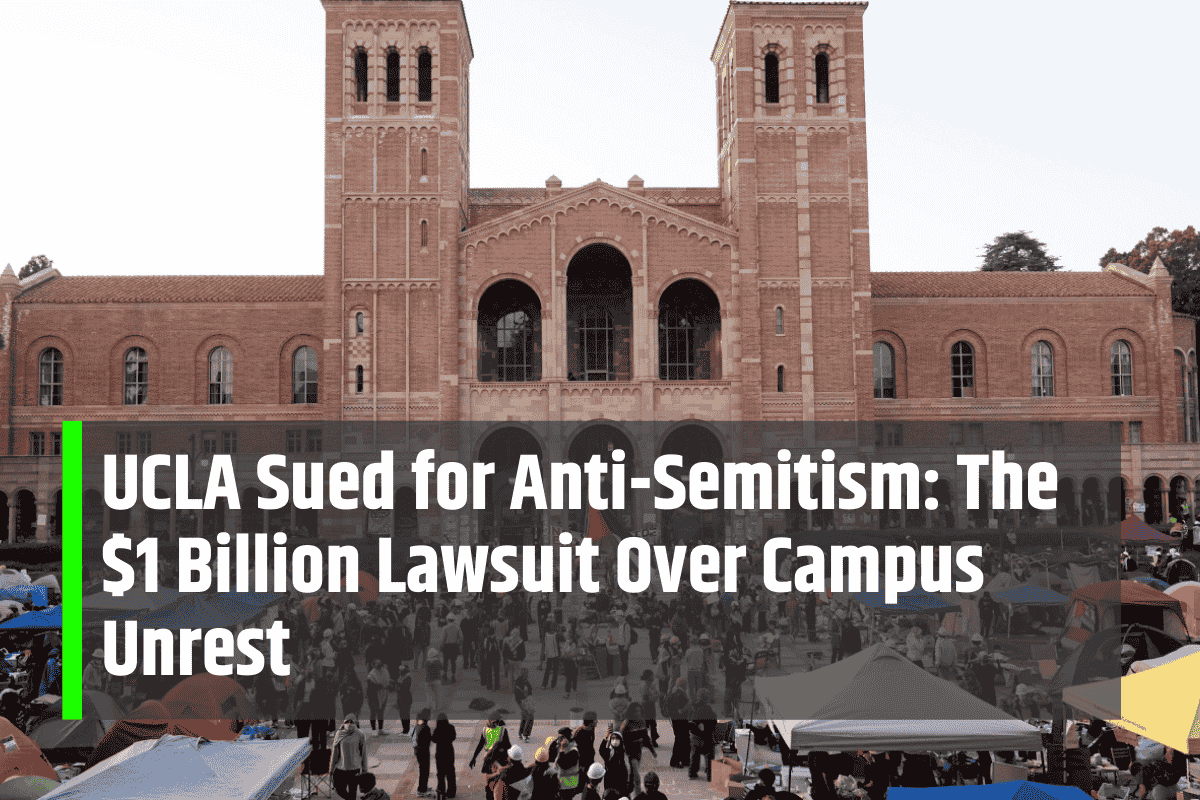
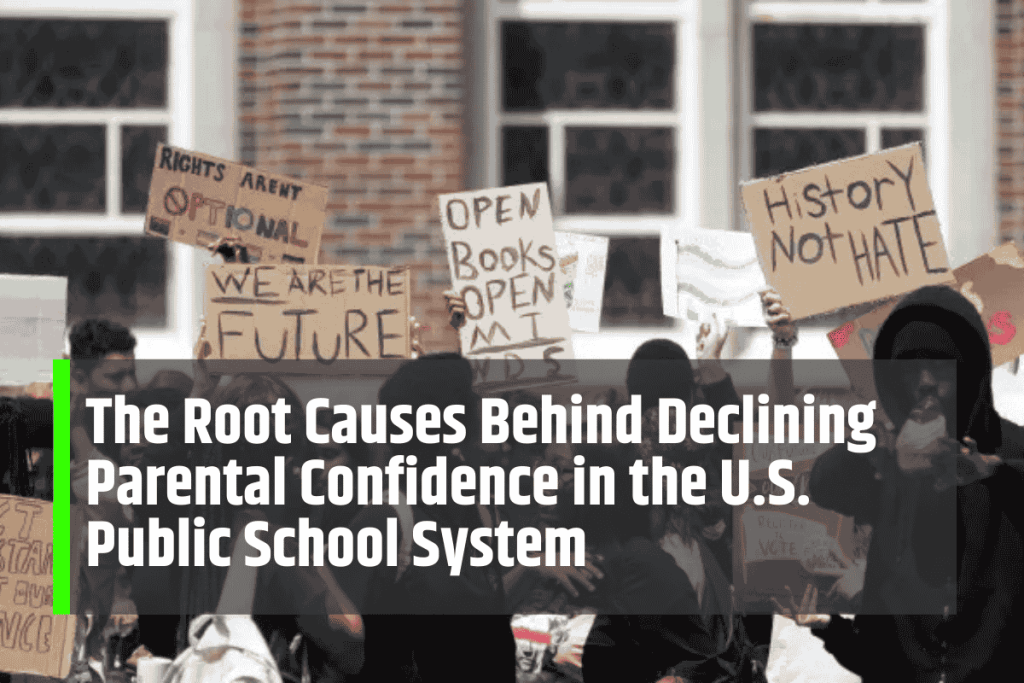
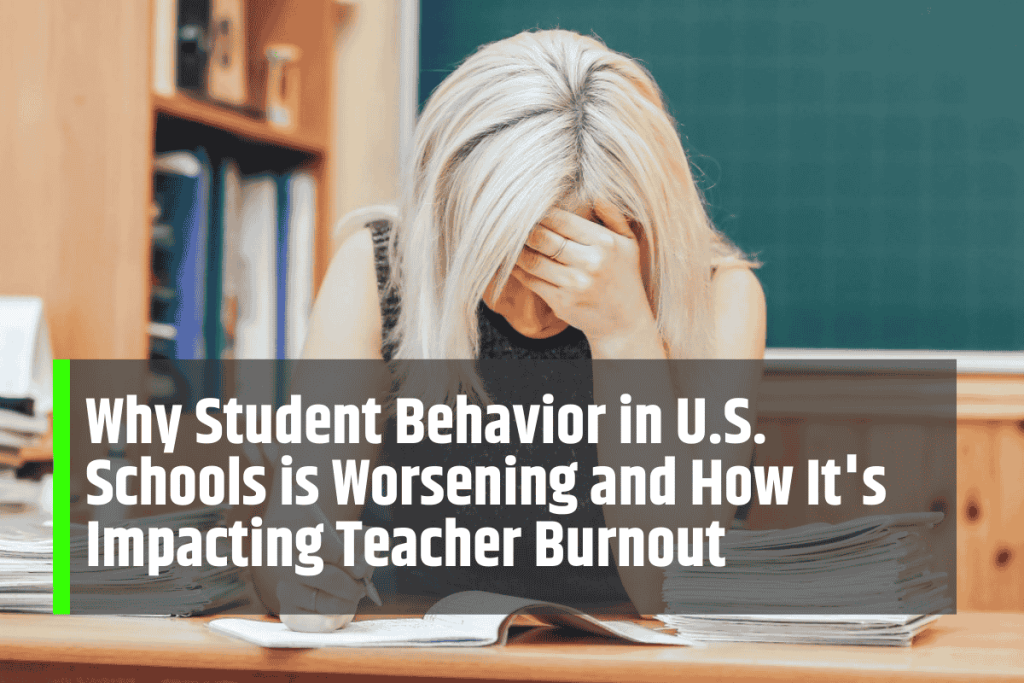
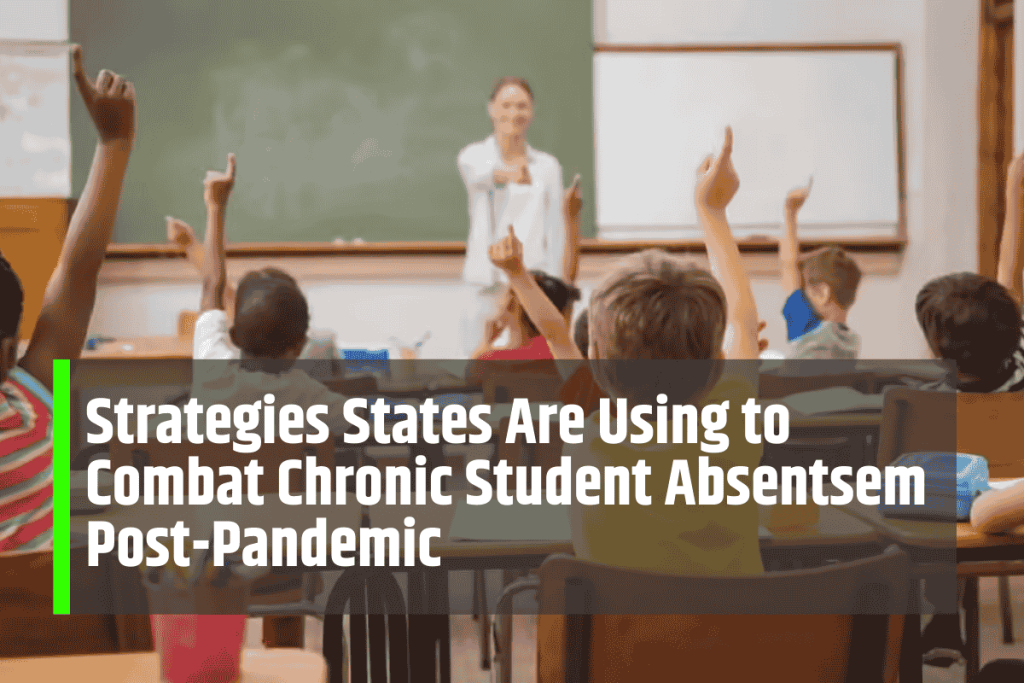
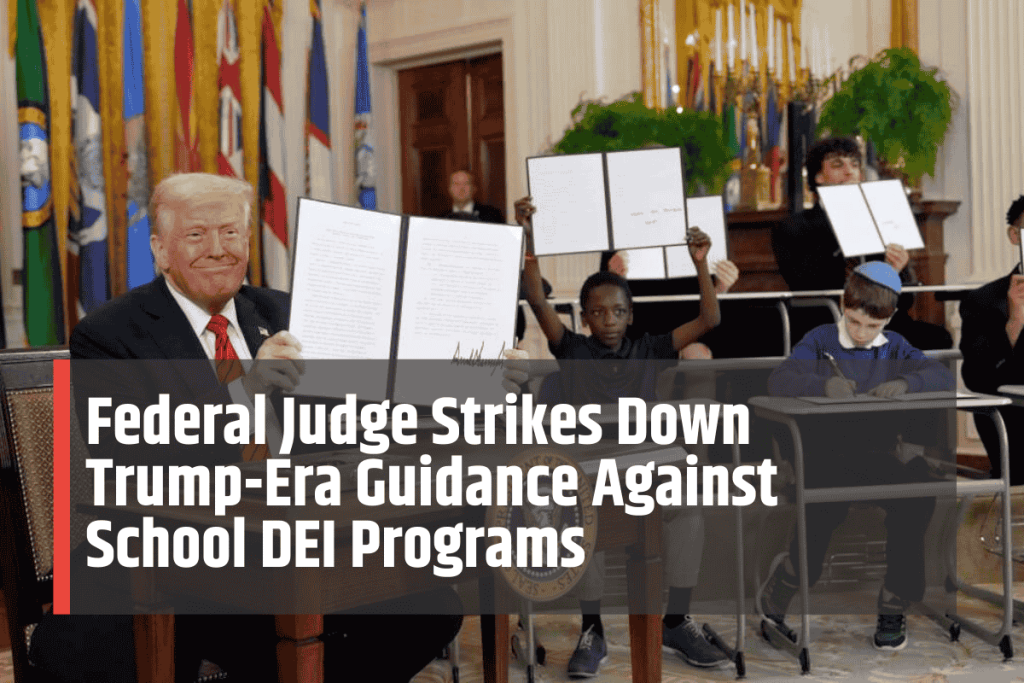
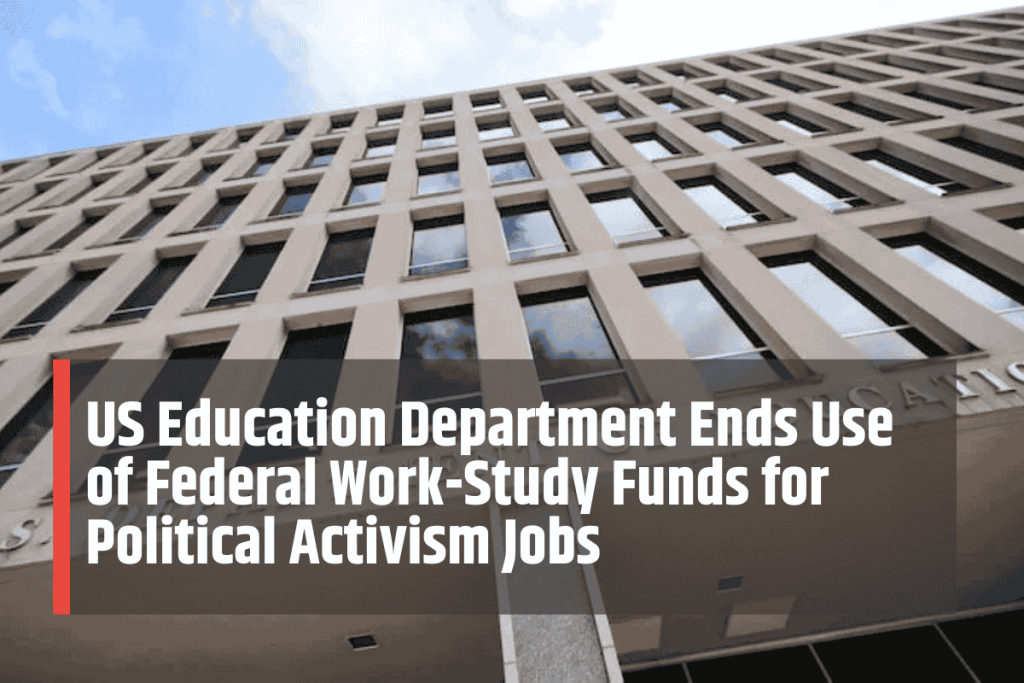
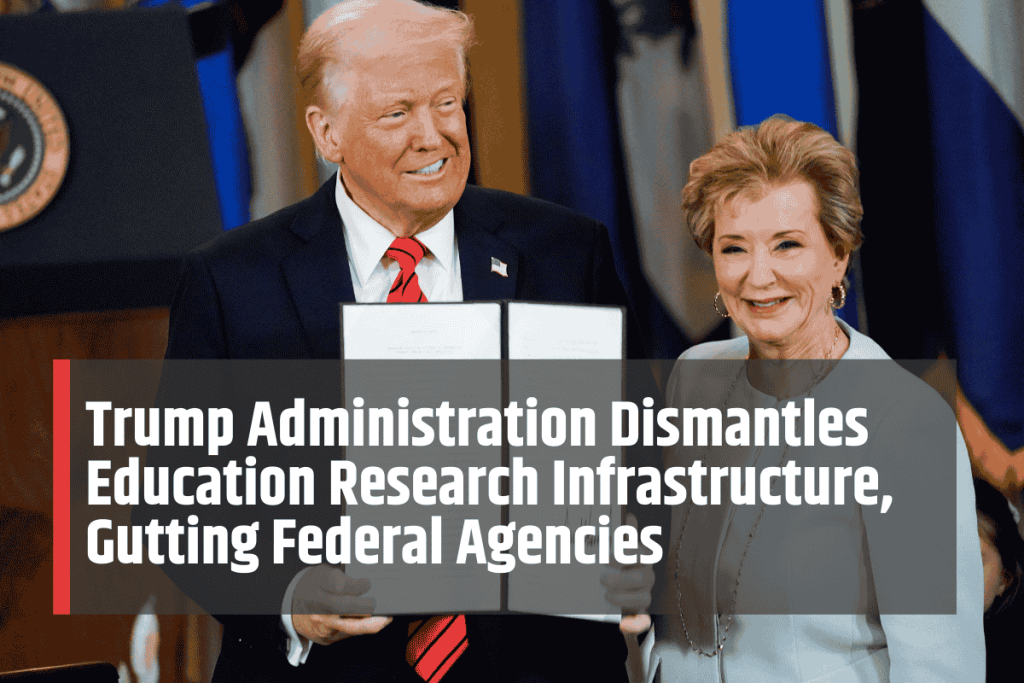
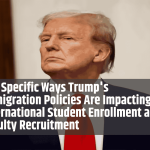

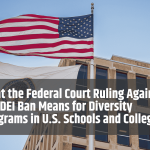
Leave a Comment